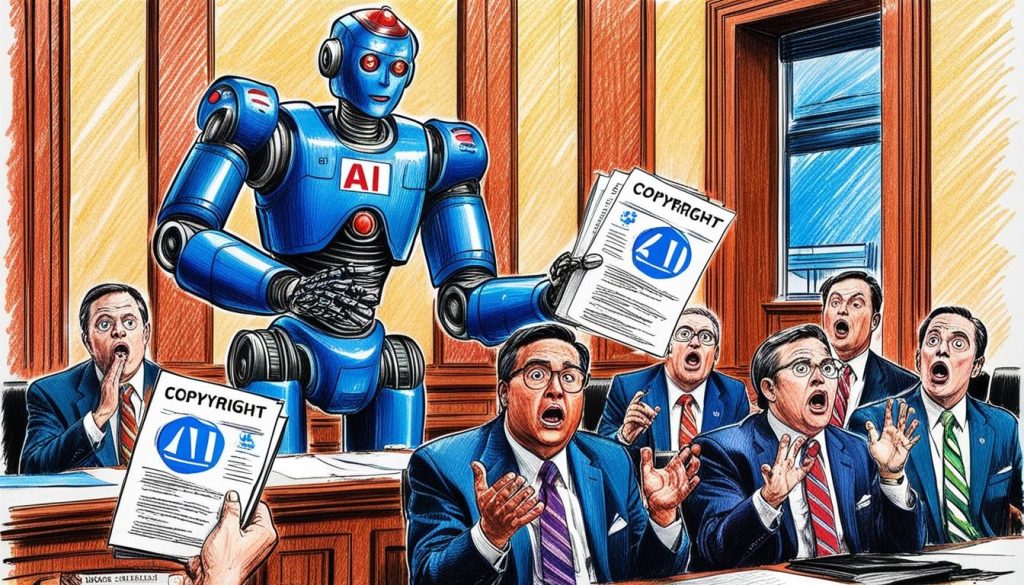Perplexity AI faces a lawsuit from Dow Jones & Company and NYP Holdings, accused of unauthorized replication of copyrighted content, raising questions about AI’s impact on media integrity and intellectual property rights.
Legal Battle Erupts Over Alleged Copyright Infringement by AI Startup Perplexity
Perplexity AI, an emerging force in the artificial intelligence space, finds itself embroiled in legal trouble with two high-profile media companies accusing it of inappropriate content use. On Monday, Dow Jones & Company and NYP Holdings, both under the ownership of News Corp, initiated legal proceedings in a New York court. The two companies, known respectively for publishing The Wall Street Journal and the New York Post, claim that Perplexity AI has engaged in substantial and unauthorized replication of copyrighted content from multiple media outlets.
The lawsuit submitted by the media giants alleges that Perplexity’s operations have been detrimental to the financial interests and integrity of the original content creators. According to the court documents, the AI company has constructed a product that repackages content—often verbatim—and offers it as its own, which, the companies argue, constitutes a profound violation of copyright laws. The claim further emphasises that even if Perplexity’s output occasionally diverges from the original material, the mere act of data ingestion and storage by the AI equals a copyright infringement.
There is also concern about the impact on credibility. The lawsuit highlights that established media brands could suffer reputation damage if AI-generated content containing factual inaccuracies—termed “AI hallucinations”—is associated with them. It argues that Perplexity’s use of their material does not meet the criteria for ‘fair use’.
Attempts were made by News Corp to address the issue outside of the courtroom. It sent a legal notice to Perplexity, demanding an end to the alleged content repurposing practices. Receiving no response, News Corp proceeded with the lawsuit. News Corp’s CEO, Robert Thomson, affirmed their stance, expressing appreciation for companies like OpenAI which, according to him, respect intellectual property rights and engage in mutually beneficial agreements.
Perplexity AI, whose valuation may soon reach $8 billion, operates an online platform marketed as an “answer engine”. Through a model similar to ChatGPT, it offers AI-generated summaries of news articles under its “Discover” tab. These summaries draw from existing media and provide links to sources, albeit often criticised for insufficient prominence. For instance, Forbes has pointed out that the presentation of source material links within Perplexity’s interface is inadequate, potentially leading users to consume summaries at the expense of original content viewing.
From Perplexity’s perspective, their practice falls under the fair use doctrine. A Perplexity representative reiterated their standpoint, insisting that news articles are part of the general web content ecosystem and should be freely usable, as long as it is within transparency guidelines about content usage. The spokesperson noted that no single entity possesses copyright over factual information, a stance underpinning their justification for the current operational strategy and highlighting their commitment to sustaining an “open information ecosystem”.
The current legal impasse brings to light ongoing debates around artificial intelligence’s role in content dissemination and intellectual property rights, particularly as technology enables new ways of accessing and summarising information. The outcome of this case may have significant implications for AI companies and content creators alike.
Source: Noah Wire Services








